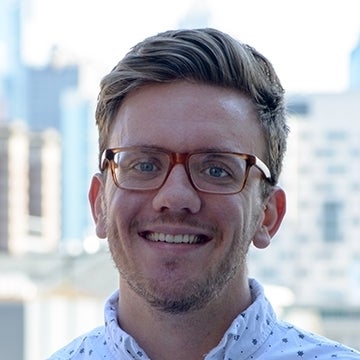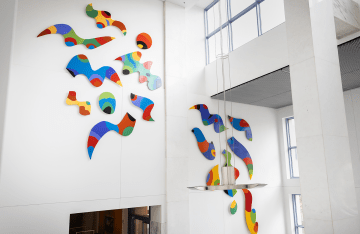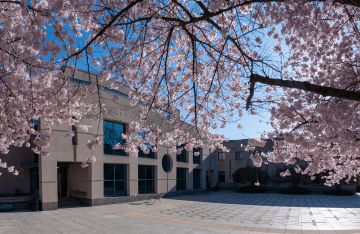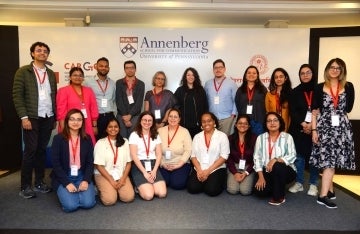Doctoral Candidate Tyler Leigh Awarded Rapoport Grant
The Rapoport Family Foundation grant will support Leigh’s dissertation research on freedom of expression.

The Rapoport Family Foundation has selected doctoral candidate Tyler Leigh as a recipient of the Rapoport Doctoral Dissertation Grant. Leigh is a joint Political Communication doctoral candidate in the Annenberg School for Communication and the Political Science Department at the University of Pennsylvania.

This grant provides support for survey research to graduate students in the U.S. who are beginning to or are already in the process of conducting dissertation research. Grant recipients are evaluated by the originality and level of organization demonstrated by their proposal and the diversity of their methodology.
Leigh’s project examines freedom of expression in today’s communication landscape. Though prior measures of free expression and political tolerance do exist, they have not been updated to account for the dramatic shift in communication caused by the rise of social media.
Social media possess great power to influence people through the speed and volume with which people encounter new information on these media, providing access to information on a much larger scale than has ever been possible before in the communication environment.
New forms of social media give individuals the unprecedented ability to express themselves to a large audience, which in turn makes it possible for individuals to see and be influenced by a wider range of sources.
Leigh’s project investigates the tension between democratic theory, which views this new open communication environment as a positive development, and the opinions of everyday Americans, who appear to be critical of the open communication social media allows.
Specifically, Leigh’s research aims to show that current opposition to free speech typified by ‘Cancel Culture’ and legislation like Florida’s Stop ‘WOKE’ Act are part of a backlash against the open communication that social media facilitates.
“We’re all ‘enjoying’ a media environment that facilitates free expression, and this seems to be driving a backlash against freedom of expression,” says Leigh of his preliminary findings. “Ironically, we’re becoming less supportive of free expression rights even as (and maybe because) we’re better able to exercise the rights we have.”
Leigh is being advised in the project by Professors Diana Mutz, Matthew Levendusky, Yphtach Lelkes, Michele Margolis, and Michael Delli-Carpini.



